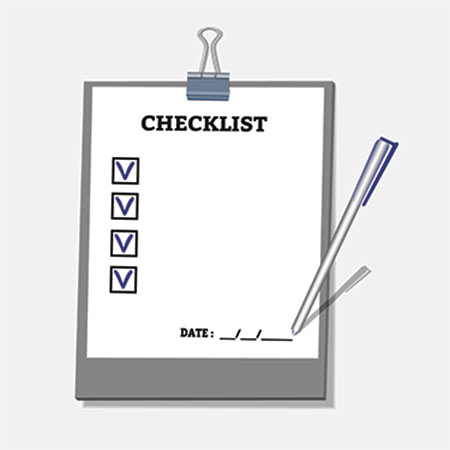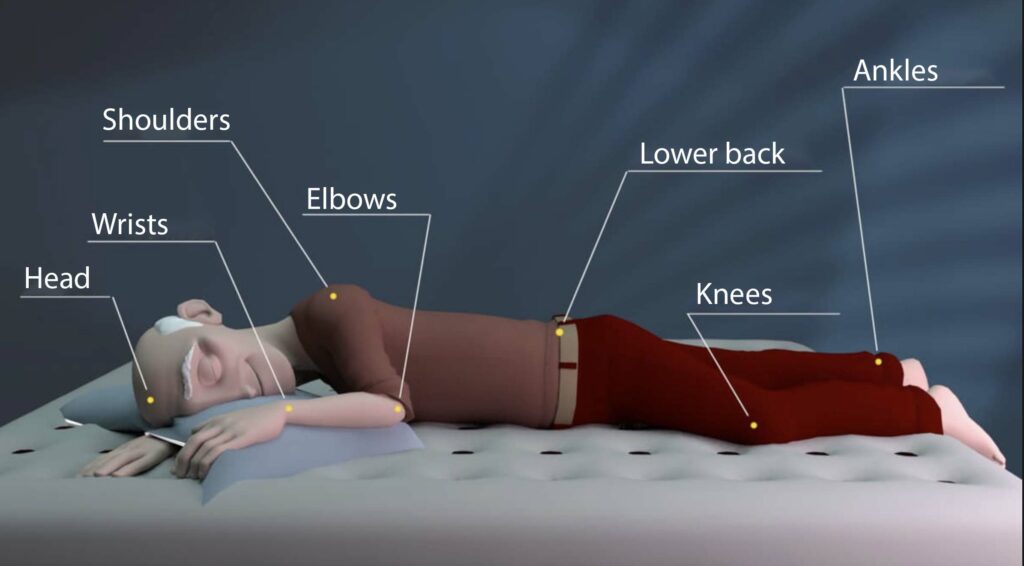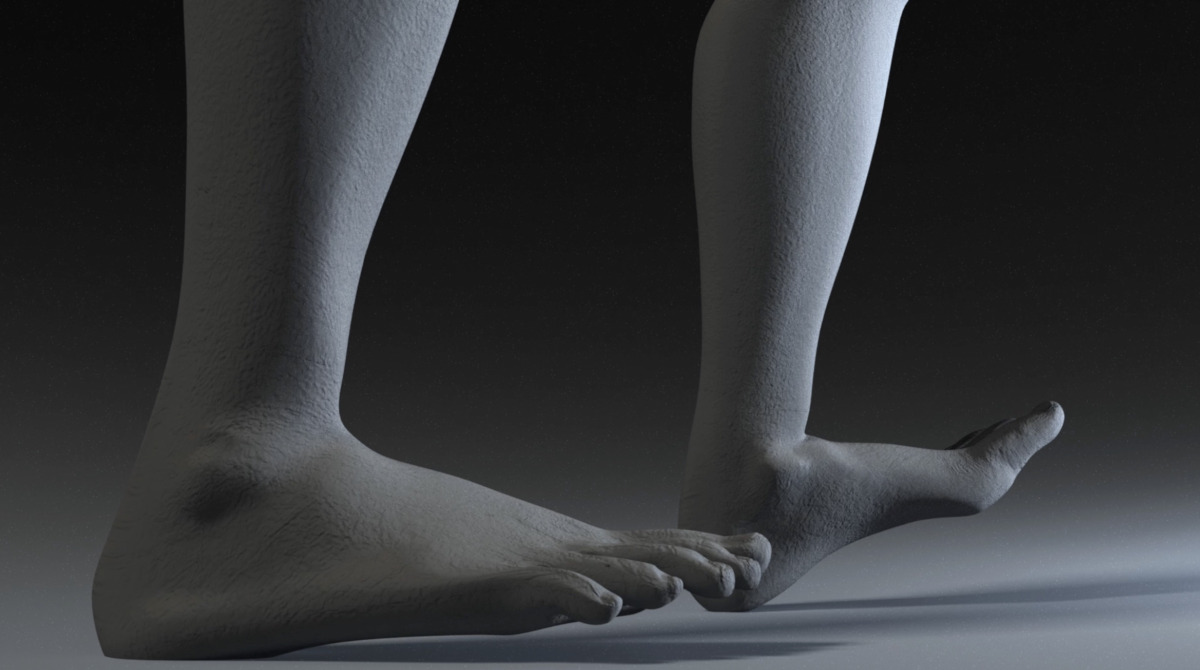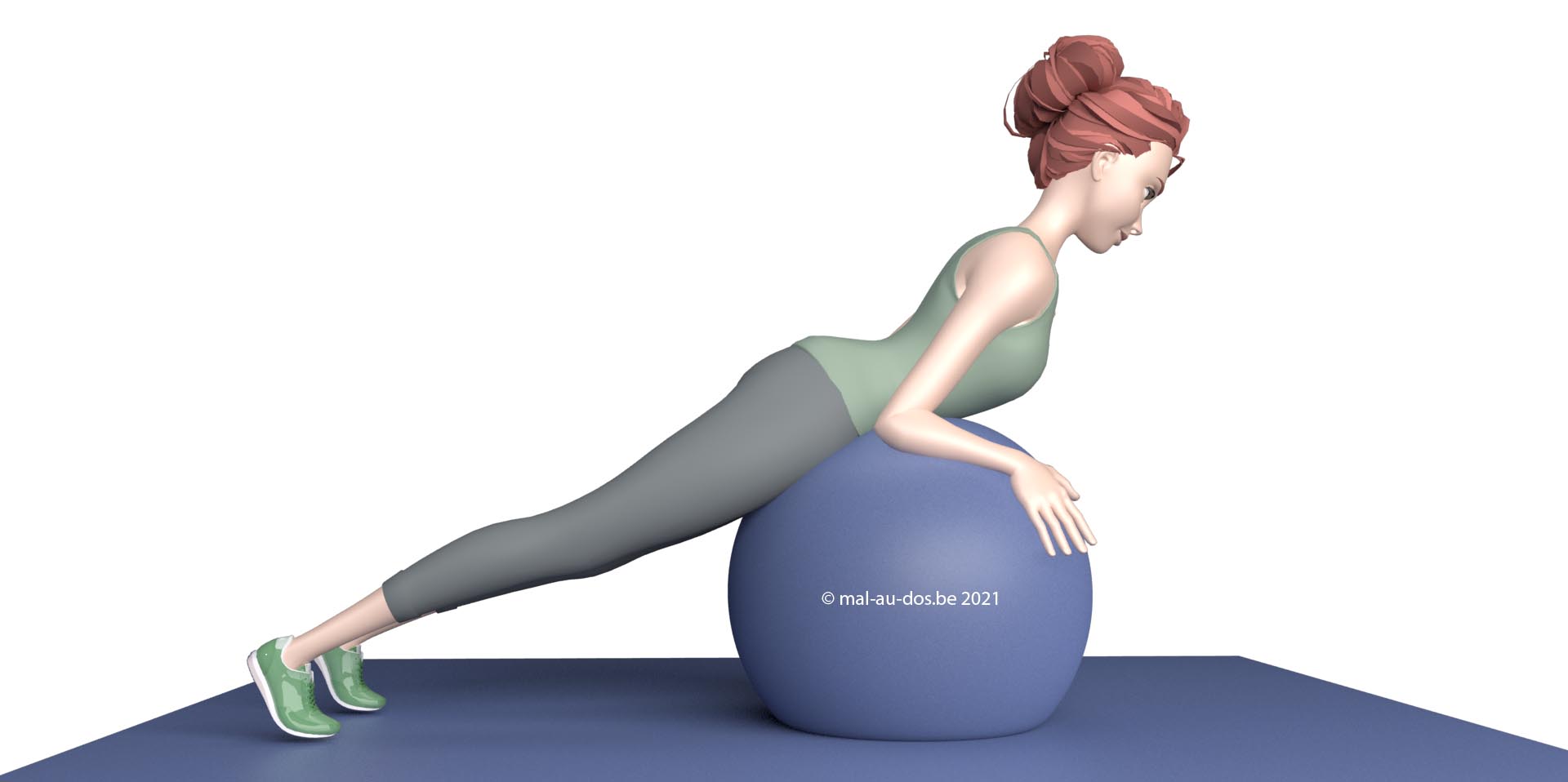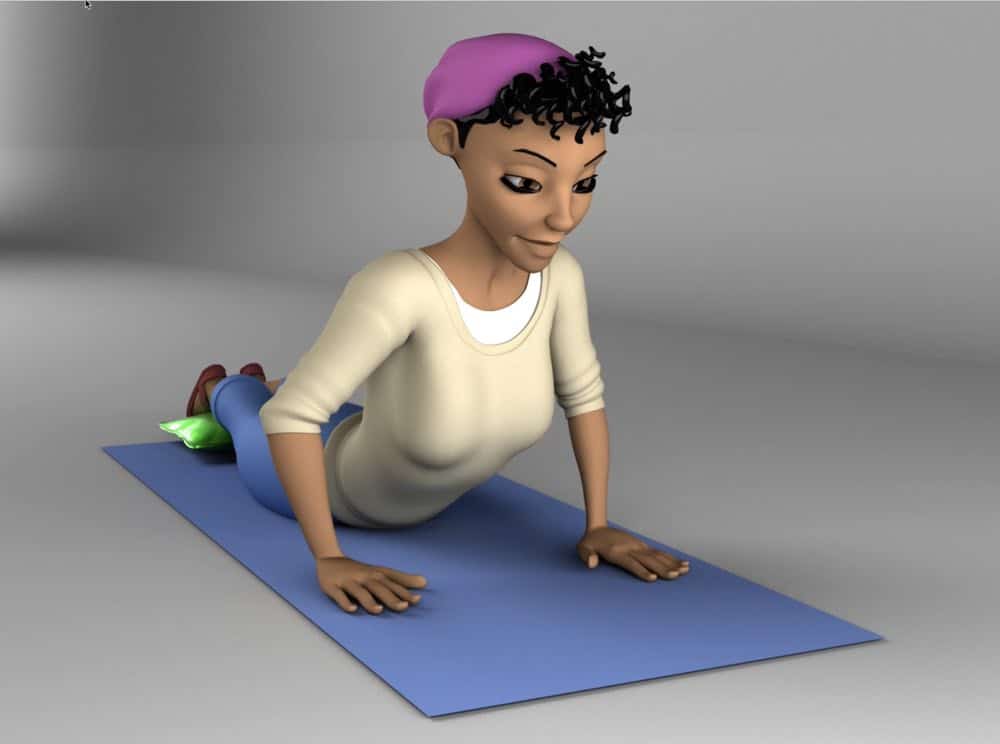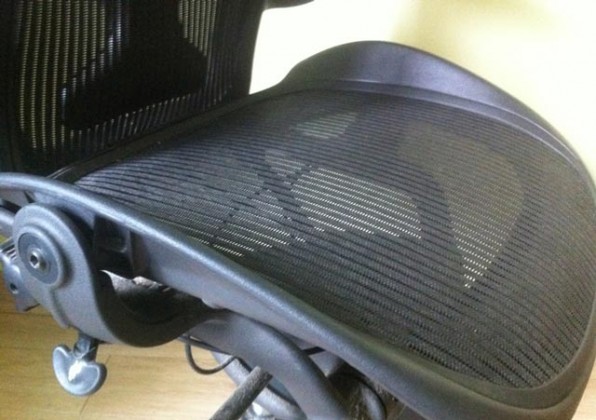You suffer from lower back pain and it’s making your life difficult but but you haven’t seen a doctor yet.
You don’t know why your back hurts or even if you should be worried.
You don’t want to go to a doctor, it’s going to be ok…But what if it it’s not ?
Should you be worried ?
Is it a bulging or herniated disc ?
Is it related to the nerves root ?
Is it muscular ?
Is it merely fatigue ?
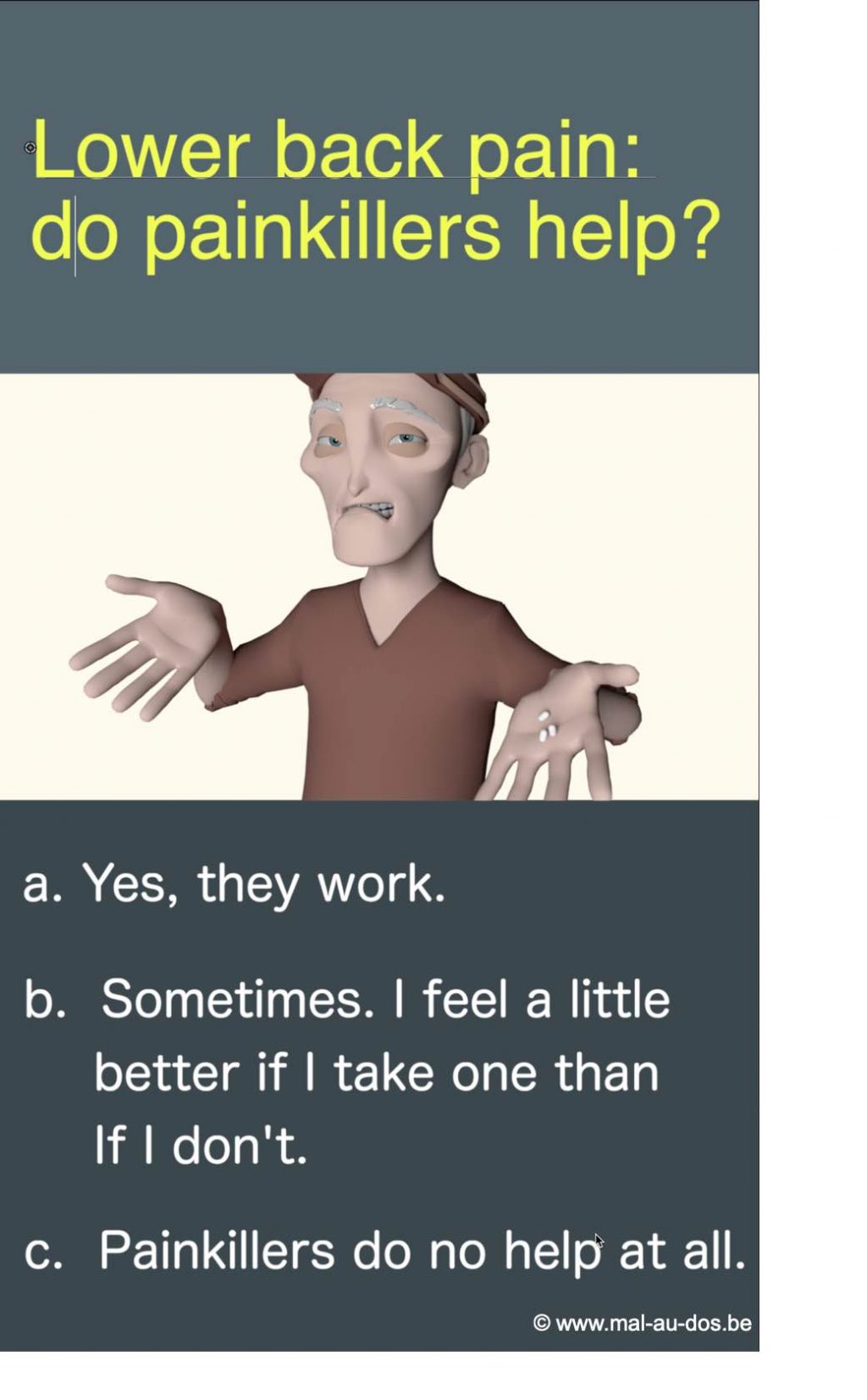
Diagnose my back pain Quiz
This quick back pain quiz can help you diagnose you back pain & figure out what is wrong with your back and whether you should se a doctor or not.
Back pain quiz #1: Did the pain occur overnight?
If your answer to this question is yes, your back pain is probably related to a recent activity during which you made a false move or during which you spent too much time in a position that your back did not like.
You have been playing sports without warming up, you have been gardening, doing odd jobs, changed your mattress or office chair: in other words, your back pain is related to a very specific event that happened yesterday or the day before.
Your back pain is related to a specific event that took place yesterday or the day before. It is likely to be a muscle pain of the following type: lumbago
You will want to…
- Rest
- Stay hydrateted
- Take some Aspirin or Ibuprofen in the morning, at noon, and in the evening.
If the back pain does not go away after 3 days: go see the doctor.
Back pain developing gradually
We won’t lie to ourselves: answer number 2 to this first question is a bit more worrisome, especially if the back pain is associated with pain, tingling, numbness in a leg or a foot.
An increasingly acute back pain combined with odd sensations in a leg or foot are 2 typical symptoms of lumbar disc herniation.
The other questions in the quiz will confirm this suspicion.
If you do recognize these symptoms, you should see a doctor as soon as possible.
Go to a specialist rather than to your family doctor.
Back pain lasting for months
If you have had back pain for months, a dull, permanent pain, you don’t know exactly where it is located… And if you are over 40 years old, if you have a lifestyle or a job that requires you to work hard (movers, nurses, cab drivers because sitting all the time is very bad for your back), you may be suffering from degenerative disc disease: DDD is one of the most common causes of back pain.
A trauma to one or more intervertebral discs that causes back pain that is bearable in terms of intensity, even if painful and permanent.
You should have already seen a doctor a long time ago: I don’t want to push you to consult a doctor, but the best way to treat back pain is to know its origin, and this is done through medicine.
Back pain quiz #2: Is your back pain worse when you are lying down?
For years, I was terrified about going to bed.
Lying down would significantly increase my back pain and it’s not like I could stand or lean against a wall 24 hours a day.
Back pain increasing when lying down is a symptom of lumbar disc herniation.
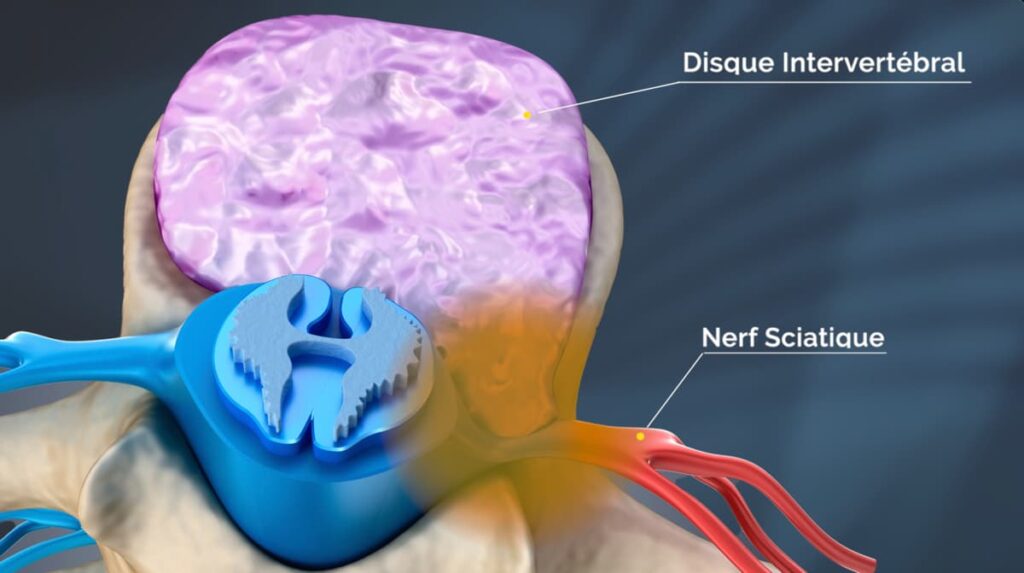
This compression of the sciatic nerve will cause severe pain throughout this area and in several places along the path of the sciatic nerve, which ends at the tip of the foot.
The sciatic nerve will also suffer from this compression and this will result in pain and tingling or loss of feeling in the affected leg or foot.
Lying down with a herniated disc
The pressure on the lower back causes the pressure on the sciatic nerve to increase and become constant, resulting in increased back pain and pain in the affected leg or foot.
Lying down with a lumbago
On the opposite, if you suffer from lumbago, lying down helps relieve back pain. Rest is recommended as soon as the first symptoms of low back pain appear.
Lying down with degenerative disc disease
In the case of degenerative disc disease, the pain may be slightly increased when lying still, but at the same time, the back is fatigued and rest will help.
In most cases, back pain does not keep you from falling asleep: it occurs mainly when you wake up and get out of bed.
Back pain quiz #3: Does your back hurt when you’re sitting down?
As with lying down, the level of discomfort when sitting gives an accurate indication of the nature of your back pain.
Sitting down feels better
If you have a good office chair and can sit still without any problems, or even if your back pain decreases when you sit, you probably have lumbago.
Sitting down makes no difference
If sitting still doesn’t make much difference to your back, the diagnosis would likely point to degerative disc disease.
Sitting down makes it worse
If your back pain increases more when you’re sitting, for the same reasons of pressure on the sciatic nerve and lack of movement, the diagnosis would likely be: herniated disc.
Back pain quiz #4: Do painkillers help?
In most cases, painkillers work fairly well for muscle pain, and if you feel less pain after swallowing a few Ibuprofen (one at a time, not at the same time), it’s likely lumbago or DDD.
If the Ibuprofen doesn’t work or if you need too many of them, the diagnosis would be: herniated disc.
Back pain quiz #5: Are you able to walk on your heels and / or on your toes?
If the answer is no, the diagnosis will be herniated disc, which leads to sciatica, responsible for pain in the lower back but also in the leg, the heel and up to the tip of the toes.
This is not a medical back pain diagnosis
But if you’re looking to diagnose your back pain online, this is a pretty close.
For a precise medical diagnosis, you should see a doctor.
